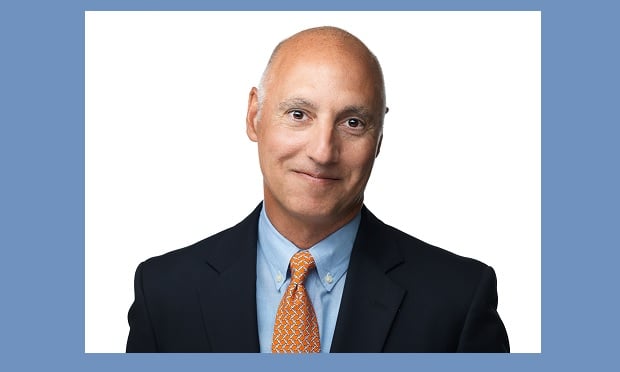Be prepared. The tsunami set off by the election of a Republican senator from Massachusetts to take Ted Kennedy's place is likely to generate far stronger federal oversight of the insurance industry than would have otherwise been the case.
It should be clear from the current economic situation that Congress does a better job talking than governing. The dire economic straits we are enduring are clear testimony to the inability of Congress to act in a bipartisan, responsible manner.
 Americans are out of work and deeply in debt, and they want politicians to come up with jobs, and quickly. At the same time, they don't want to pay any more taxes, or for the government to adopt policies that add to the budget deficit, or impose any mandates–for example, to get health insurance.
Americans are out of work and deeply in debt, and they want politicians to come up with jobs, and quickly. At the same time, they don't want to pay any more taxes, or for the government to adopt policies that add to the budget deficit, or impose any mandates–for example, to get health insurance.
Recommended For You
Want to continue reading?
Become a Free PropertyCasualty360 Digital Reader
Your access to unlimited PropertyCasualty360 content isn’t changing.
Once you are an ALM digital member, you’ll receive:
- Breaking insurance news and analysis, on-site and via our newsletters and custom alerts
- Weekly Insurance Speak podcast featuring exclusive interviews with industry leaders
- Educational webcasts, white papers, and ebooks from industry thought leaders
- Critical converage of the employee benefits and financial advisory markets on our other ALM sites, BenefitsPRO and ThinkAdvisor
Already have an account? Sign In Now
© Touchpoint Markets, All Rights Reserved. Request academic re-use from www.copyright.com. All other uses, submit a request to [email protected]. For more inforrmation visit Asset & Logo Licensing.







